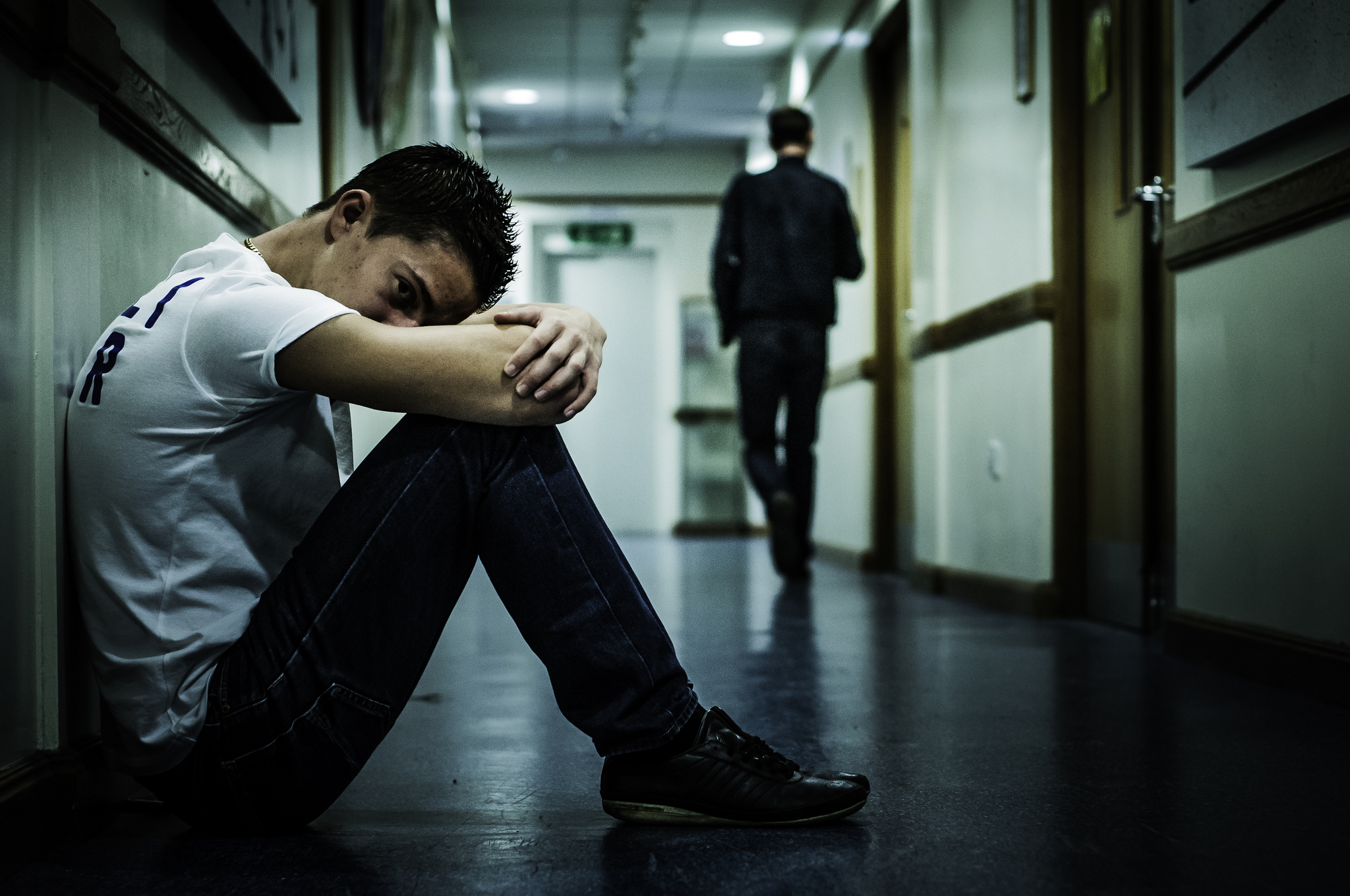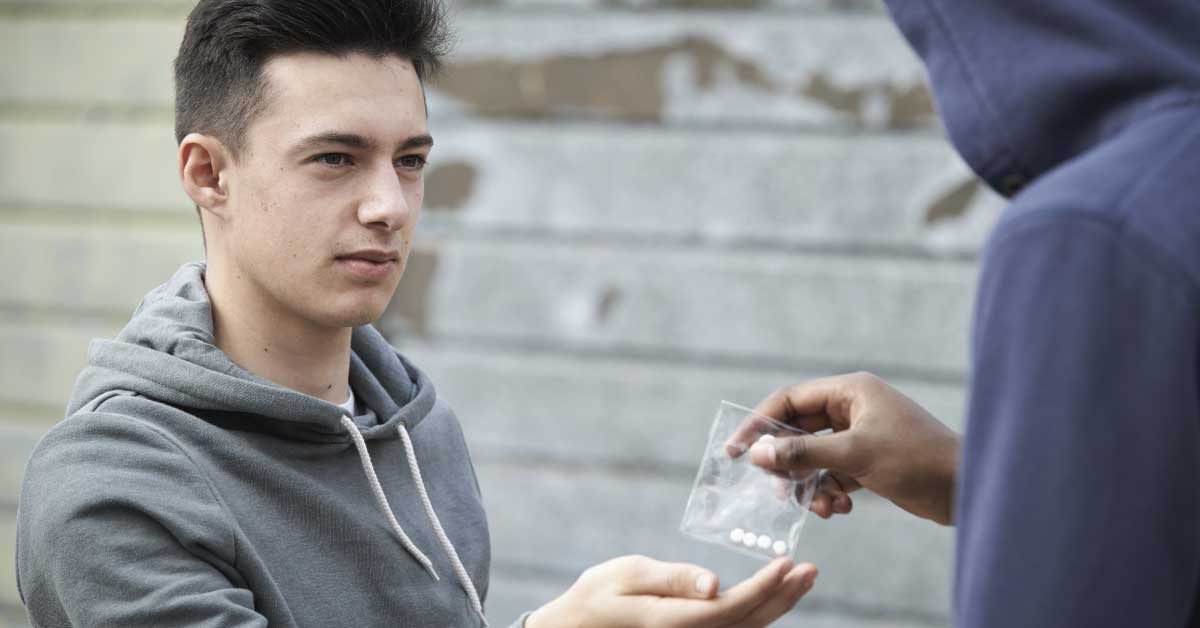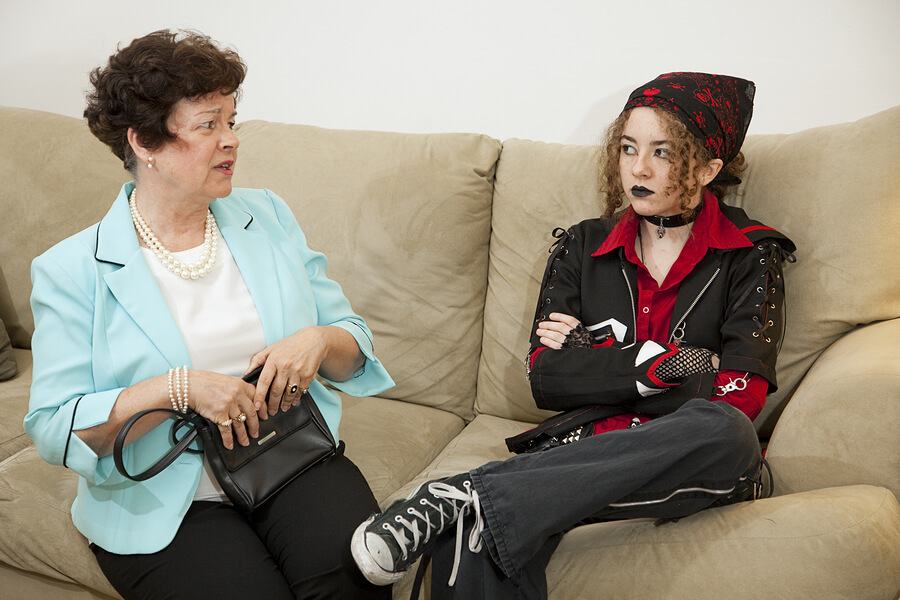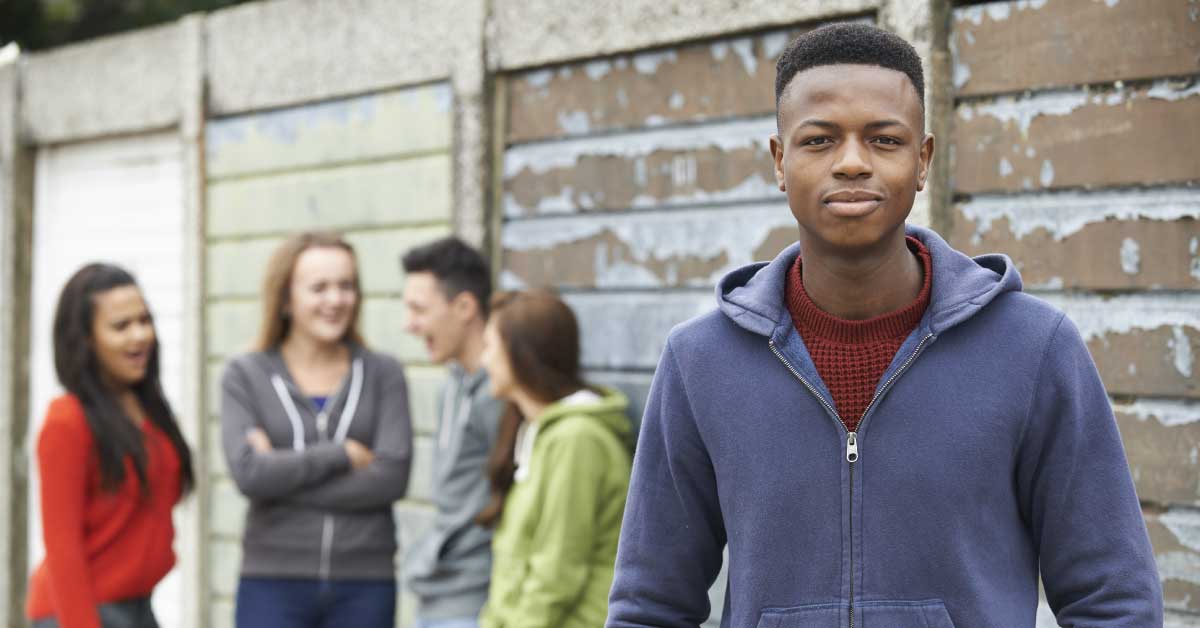How is bullying related to addiction?
Many say that bullying and addiction go hand in hand. But to understand the link between the two, we need to revise the situation step by step. So, what makes a bullied kid to start using substances? And why are bullies themselves more likely to abuse drugs or alcohol? We review here, and invite your questions or comments at the end.
Why do bullies get addicted?
1. When someone is perceived as a bully by the people in their life, class, family, they too deal with feeling bad. So, usually they turn to bullying to hide their emotions. Some drugs or alcohol may give them the same feeling of power, and unfortunately, in many cases they go along with being “cool”.
2. No one is born a bully. The addictive behavior or the bullying can be taught and passed on from parents or peers. So, if a kid has a parent who displays addictive and/or bullying behavior, they will most likely copy that behavior. Also, one can become a bully and/or start using substances when a close group of friends does so. This is especially true of teens, who don’t want to risk being a misfit or be labeled as”different” and lose their friends. So peer-pressure plays a great role.
3. Addiction to bullying is a real condition. Some individuals like the feeling they get from mistreating others, and they are compelled to continue with their behavior. Problem is, bullies grow up to be parents, and can continue the cycle of teaching their habits to children.
Why do bullied teens turn to substances?
Basically, it’s the lack of self-confidence and feeling of unworthiness. A person has to be emotionally strong to withstand humiliation and mistrust at school or at home. Teenagers can easily be lead to believe that they are just “not good enough”. And events that make teens feel unloved or that there’s something wrong with them, can drive them to use substances such as drugs, alcohol, prescription pills, food, etc.
The main reasons victims of this type of aggression turn to drugs or alcohol include:
1. It’s a coping mechanism. Being the target of bullying is a serious problem, that can lead to emotional pain and trauma, and leave many scars on someone’s psychological health. For bullied teens, alcohol and drugs can be a way to cope with the problem, and lead to alcohol and/or drug addiction problems.
This is a real problem, as a recent study has shown that being bullied at school increases the chances that a teenager will abuse cigarettes, alcohol, prescription medications or illicit drugs. And experiencing verbal abuse in middle school, can significantly increase the risk of alcohol abuse in high school, by as much as 3 times.
2. Bullying can trigger past trauma. Many bullied teens feel embarrassed by the bullying and are powerless to stop it. These kids, usually become socially isolated, rejected and lonely. Psychiatrists say that using substances alone is a sign that someone is being the victim of bullying at the moment, or that they have been a victim in the past.
3. Being bullied can trigger depression, as a result of prolonged feelings of sadness and hopelessness. These painful emotions can lead teens to self-medicating with substances. This is never a good idea, since drugs and alcohol only worsen the symptoms of depression.
Adults should pay attention
The signs indicating someone is being bullied should never be neglected. Parents think their children will never turn to drugs, but bullying and peer pressure can push youth into such actions. If bullying persists, the results can be drug use, crime, depression, and in some cases even suicide.
This doesn’t only go for parents. Teachers, coaches, other adults or classmates can also recognize and step towards resolving the bullying.
Finally, if you need help…please let us know in the comments section below. We’ll do our best to respond to you personally and promptly.
—–
Reference Sources:
Stop Bullying: What Do Bullying and Youth Substance Use Have in Common? More Than You Might Think http://www.stopbullying.gov/blog/2013/01/29/what-do-bullying-and-youth-substance-use-have-common-more-you-might-think.html
NCBI: Bullying behaviour and substance abuse among underage psychiatric inpatient adolescents http://www.ncbi.nlm.nih.gov/pubmed/20435448
Safe Supportive Learning: The Relationship Between Bullying and Other Forms of Youth Violence and Substance Abuse http://safesupportivelearning.ed.gov/events/webinar/relationship-between-bullying-and-other-forms-youth-violence-and-substance-abuse











0 Comments